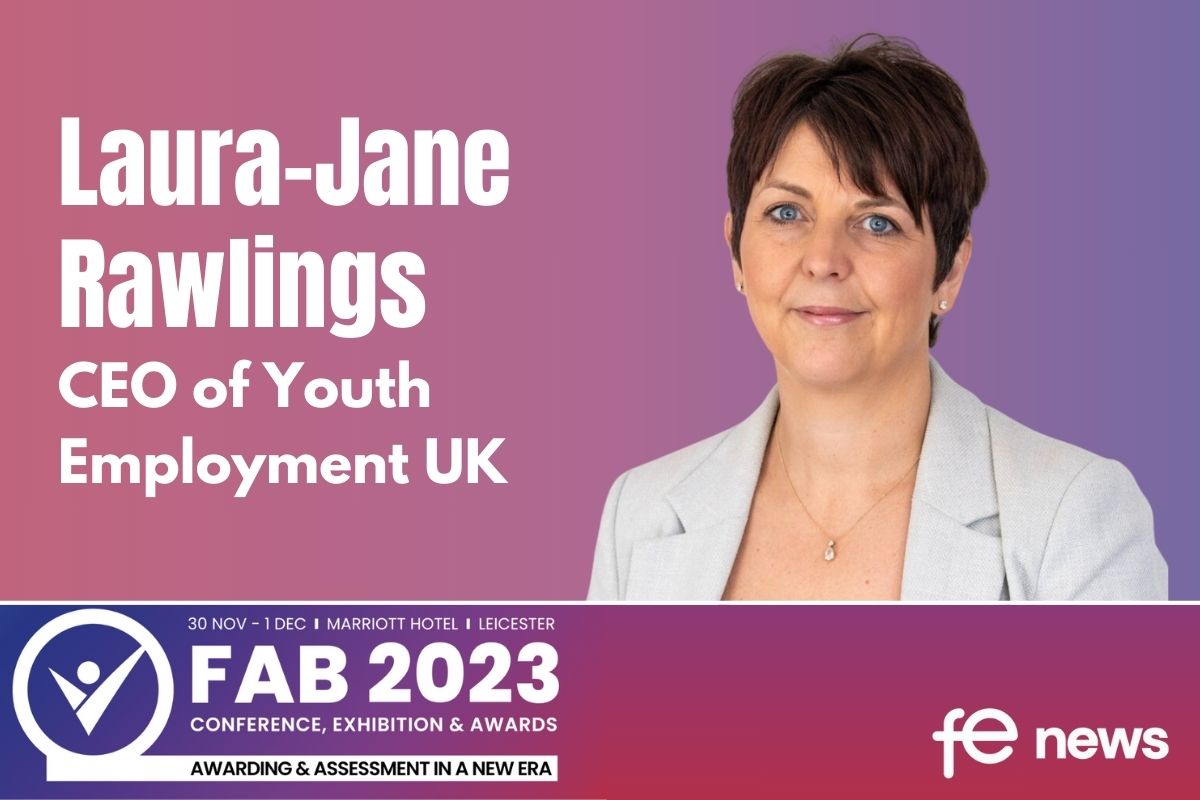Universities commit to action on climate

Universities across the UK are throwing their weight behind government aims to cut carbon emissions by 78% by 2035, as part of efforts to combat the global climate emergency.
Ahead of COP26, 140 universities have backed a new set of commitments on climate action drawn up by Universities UK, including emissions reduction targets and a pledge to champion the UN Sustainable Development Goals Accord.
For over a century, UK universities have led pioneering research into the causes and effects of climate change, and shared their expertise with government, businesses and local communities.
As detailed in a new UUK report “Confronting the climate emergency: a commitment from UK universities“, they have also made great strides in making campuses sustainable and are investing in the future by equipping students with the knowledge, skills and climate literacy the world needs to find solutions to the climate crisis.
A number of universities are introducing COP26 scholarships to ensure the brightest and best talent can develop into the climate leaders of tomorrow.
Vice-Chancellors are calling on the government to acknowledge this critical role in the spending review by match-funding these awards and ensuring the overall contribution of universities to climate action is not constrained by budget cuts.
Sector Response
Professor Judith Petts CBE, Vice-Chancellor of the University of Plymouth and Chair of the Universities UK Climate Task and Finish Group, said:
“There is no simple solution to the climate crisis, with every sector of the economy facing a different set of challenges. Universities are some of the most effective weapons in the UK’s climate and environmental armoury. Our research and expertise is behind the deep understanding of climate change as well as the technological advances driving decarbonisation and building resilience. We are also equipping graduates with the skills and determination we need to respond to the climate crisis, generating the leaders of tomorrow to deliver public and environmental good.
“The commitments universities are making are far more than simply touting our eco-credentials. But we need government to support sustainable funding for the sector rather than further cuts, and specifically we hope that they will recognise the opportunities of the COP26 scholarships. With stable funding UK universities will continue to pioneer approaches and provide the world with the science, skills, and talent needed to safeguard the future of the planet.”
 Chief Executive of Association of Colleges, David Hughes said:
Chief Executive of Association of Colleges, David Hughes said:
“The climate crisis poses significant challenges to us all, and transitioning to a green economy to cut carbon emissions requires joined up, bold action from across the education and skills sector. No more so than by post-16 institutions, equipping the next generation of workers to fill the jobs that are needed for a successful transition to net-zero.
“Universities and colleges both have unique roles, and must work together in places to align priorities and make it easier for people and employers to navigate the green skills agenda. Both will be vital to deliver faster and greater progress on the road to reaching net-zero by 2050.”
Tomorrow (21 Oct), the Association of Colleges will set out The Green College Commitment in a new report. Colleges across the country are delivering skills for green jobs, educating students about how to be part of a sustainable future, and developing net zero and biodiverse campuses.
Colleges and universities are working together to deliver for their local communities and have come together at the national level through the Climate Commission for UK Higher and Further Education. Universities UK and Association of Colleges are founding members of the Commission.
The sector-wide commitments were developed by the Universities UK Climate Task and Finish Group chaired by Professor Judith Petts CBE, Vice-Chancellor of the University of Plymouth.
Universities have agreed to:
- Set targets for scope 1 and 2 emission reductions which support the government’s plan for reducing emissions by 78% by 2035 and achieving net zero by 2050 at the latest.
- Set a target for scope 3 emission reductions and other environmental targets beyond emissions as soon as possible.
- Ensure targets are visible on websites alongside information on how the university is addressing the climate emergency through teaching, research, leadership, local contributions and campus responsibilities.
- Clearly define how progress against these targets will be reported in a transparent, consistent, and understandable way, and work with official statistics providers to improve data collection.
- Sign the UN SDG Accord or embed elements of SDG accord reporting into their existing reporting.
- Use the Climate Commission’s Climate Action toolkit to assess how further actions through the university’s policies and reporting could advance the UN SDGs and respond to the climate emergency.
Registration for a Universities UK event on 26 January 2022 titled Universities and the climate emergency: action following COP26 is now open.
Net Zero Strategy: Build Back Greener
The Net Zero Strategy sets out Government progress towards meeting UK carbon budgets and plans for further policy action, to deliver on their net zero by 2050 target:
Last year, the Prime Minister set out his 10 point plan for a green industrial revolution, laying the foundations for a green economic recovery from the impact of COVID-19 with the UK at the forefront of the growing global green economy.
This strategy builds on that approach to keep us on track for UK carbon budgets, our 2030 Nationally Determined Contribution, and net zero by 2050.
It includes:
- Decarbonisation pathways to net zero by 2050, including illustrative scenarios
- Policies and proposals to reduce emissions for each sector
- Cross-cutting action to support the transition
In June 2021, the Committee on Climate Change (CCC) published its annual report on progress in reducing UK emissions, assessing the government’s climate change mitigation activity. The government response to the 2021 Committee on Climate Change (CCC) progress report to Parliament in reducing UK emissions is published alongside this strategy. It sets out progress over the last 12 months and addresses the latest CCC recommendations.
The Net Zero Strategy will be submitted to the United Nations Framework Convention on Climate Change (UNFCCC) as the UK’s second Long-Term Low Greenhouse Gas Emission Development Strategy under the Paris Agreement.
Chancellor sets new standards for environmental reporting to weed out greenwashing and support transition to a greener financial system
18th Oct 2021: Chancellor publishes roadmap setting out details on new Sustainability Disclosure Requirements
- Requirements will mean businesses must start disclosing their environmental impact
- Businesses and consumers will have a better understanding of whether their investments are aligned with net zero
- Rishi Sunak will call on the investment community to help cement UK’s status as the best place in the world for green investment
Certain large businesses will need to set out their green credentials to potential investors under new world-leading reporting rules outlined by the Chancellor today (18 Oct).
The new requirements, which will also apply to pension schemes, investment products and asset managers and owners, are part of the government’s landmark reforms to create a greener financial system.
Around 70 per cent of the UK public want their money to go towards making a positive difference to people or planet. But the lack of common definitions around environmental sustainability is leading to greenwashing, misleading investors and consumers about how green a product really is.
The new Sustainability Disclosure Requirements (SDR) will ensure investors have the information they need to make informed decisions about where to put their money.
Following the publication of a new report “Greening Finance: A Roadmap to Sustainable Investing” setting out further details of how SDRs will work, the Chancellor said:
“We are already a world leader in green finance, and today’s roadmap will give us the opportunity to set new global standards for sustainability that will boost the economy, protect the planet and support our net zero goals.
“We want sustainability to be a key component of investment decisions, and our plans will arm investors with the right information to make more environmentally-led decisions”
The report, entitled Greening Finance: A Roadmap to Sustainable Investing, comes ahead of the UK hosting COP26 next month and is part of the Chancellor’s plan for the UK to lead the world in green finance and sustainable investing.
The roadmap outlines the legislative and regulatory changes that will be made across the economy to arm investors and consumers with the right information by setting world-leading standards on environmental sustainability reporting.
First announced at the Chancellor’s Mansion House speech earlier in the year, the new integrated regime will bring together and streamline existing climate reporting requirements – such as the UK’s commitment to implement mandatory reporting aligned with the Task Force on Climate-Related Financial Disclosures (TCFD) – and go further.
This will ensure consumers and investors have all the information they need to make investment decisions that drive a positive environmental impact.
This includes requiring every investment product to set out – for the first time – the environmental impact of the activities it finances, and justify clearly any sustainability claims it makes. Asset managers will also need to set out how they incorporate sustainability into their investment strategy to allow consumers to make informed judgements about the kind of firms they want to invest in.
SDR will also set out expectations for certain firms around the publication of transition plans in the context of the UK’s net zero commitment.
The Roadmap also sets out more details on a new green finance rulebook – the UK Green Taxonomy – which will create a shared understanding of which economic activities count as green. Relevant companies and financial products will be required to report their environmental impact against the UK Green Taxonomy.
The Roadmap also acts as a call to action for the pensions and investment sector, setting expectations that they will use the information generated by the SDR to start shifting financial flows to align with a net zero economy.
Specific reporting requirements, including scope, timing and detail, will be developed following public consultation.












Responses